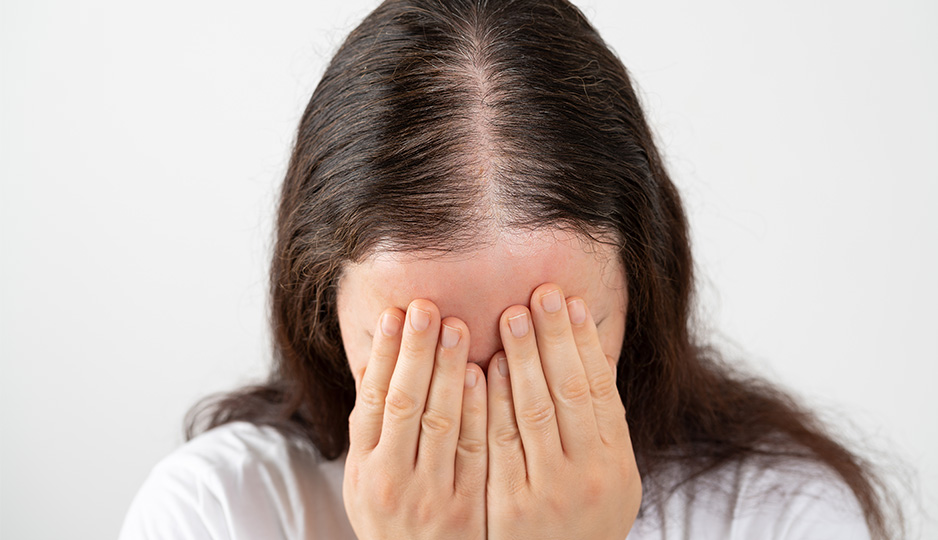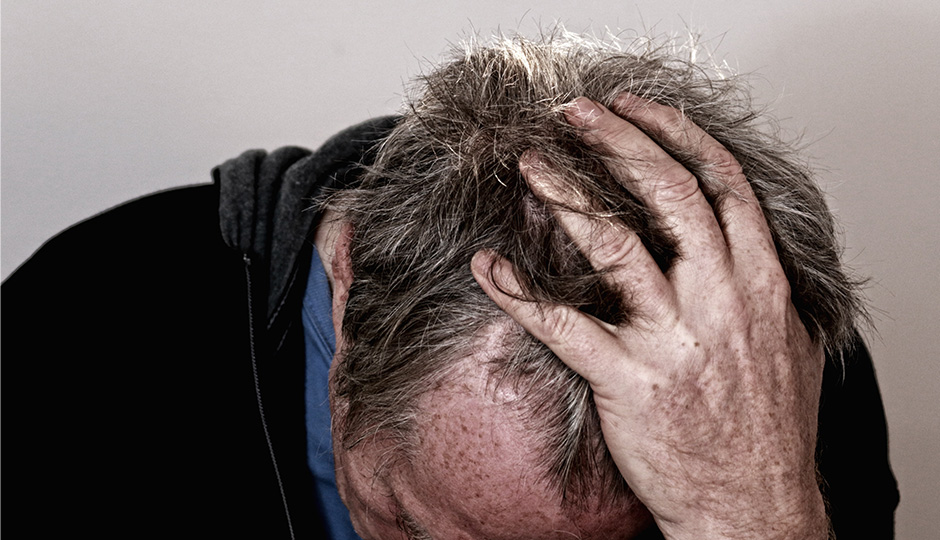When it comes to women’s hair loss, there are many potential culprits. Some of the leading causes of women’s hair loss boil down to one thing, however—and that’s hormones. Anything that impacts the hormones can ultimately impact hair growth. Sometimes that might mean hair that grows thicker, faster, fuller—but just as often, it means hair that thins, sheds, disappears.
Of course, hormonal changes can come in many different forms. What follows are five of the most common ones. These are not guaranteed to cause hair loss, but they quite often do.
Birth Control
Some women report that their birth control pills lead to expedited hair growth—but what you may not know is that hair loss can also be a defining side effect. This is especially true of hormonal birth control, a category that encompasses most forms of birth control medication. The good news? Simply switching to a different form of birth control, with a different hormonal makeup, will usually put and end to the problem.
Childbirth
Many mothers-to-be notice that their hair grows a little faster than normal, a result of all those good hormones you’re experiencing. What you may not realize is that this process can effectively reverse itself after you give birth, and lead to some significant shedding. Before you panic note that you’re not necessarily losing your hair; you’ve been growing it at an above-average rate, so the post-partum shedding can actually just be your body returning to a more normal hair growth cycle. Things usually balance out a few months after the birth.
Hypothyroidism
Hypothyroidism is a medical condition in which your thyroid underproduces necessary hormones. When left untreated, it can result in significant hair loss. There are much more serious effects of hypothyroidism, too, including potential cardiovascular issues, so this is definitely something to get treated for. Medications can usually eliminate the symptoms of hypothyroidism, including the hair loss.
Polycystic Ovarian Syndrome (PCOS)
PCOS is a medical condition with roots in insulin resistance, and many of its effects mirror those of diabetes. It also ravages the hormonal balance of your body, however, and in some cases can lead to hair loss. PCOS is usually manageable, both through medications and through lifestyle changes.
Menopause
This is another example of a life change that is essentially a matter of hormones, and that can lead to hair loss. Sometimes the hair loss will be temporary, but for those cases when it is not, there are always options available to women looking to restore what they’ve lost—including hair systems, topical treatments, and even custom wigs.
Solutions for Women’s Hair Loss
In fact, women who face hair loss can always find solutions, no matter the cause of that hair loss. The first step is receiving an evaluation. Join us at LH Hair for a consultation, and we’ll walk you through some of the different steps we can take to help you combat the effects of hormonally-induced hair loss.



